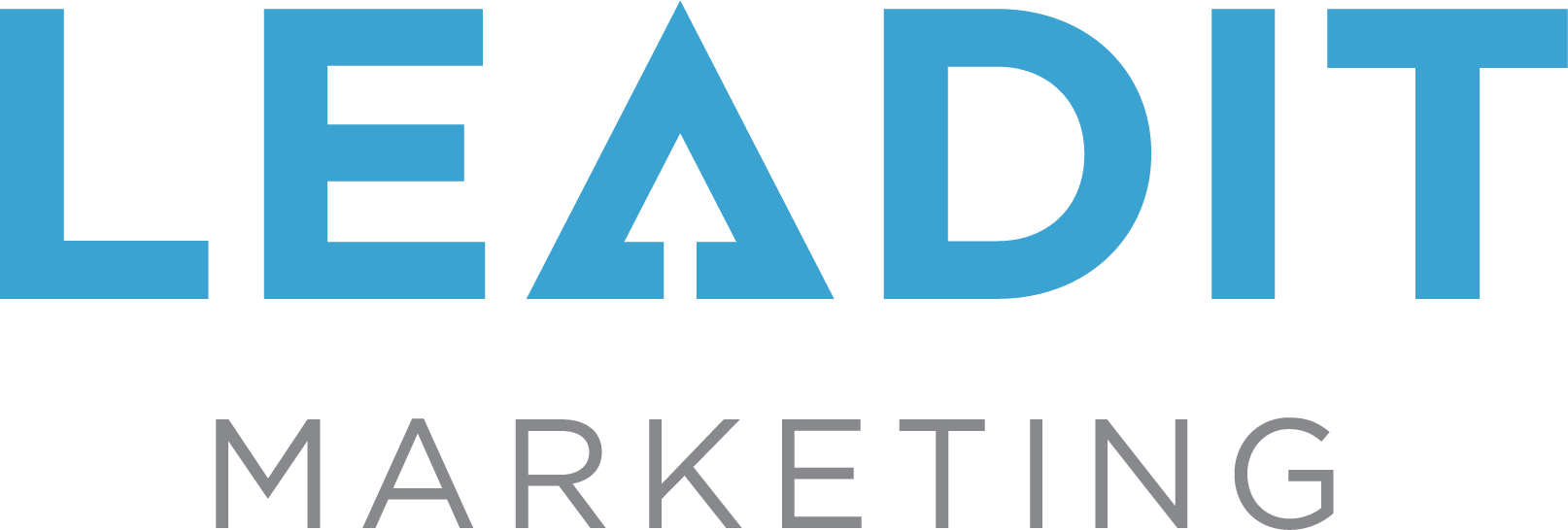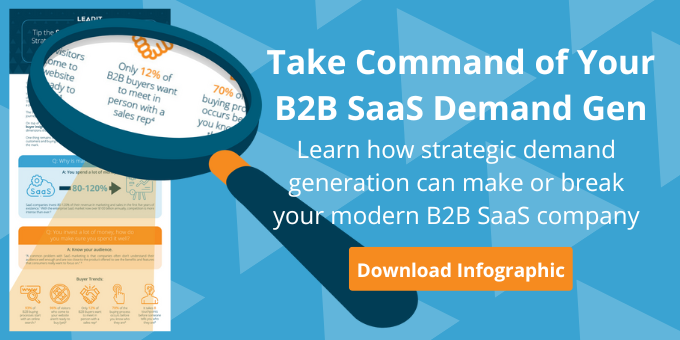
8 Helpful Tips To Know Before Choosing a Digital Marketing Agency
With so many digital marketing agencies clamoring for your business and offering, in theory, the same type of services, how do you judge the quality of the services and their ability to execute?
When choosing a digital marketing agency, here’s how to tell whether one is truly a cut above the rest.
Know your goals in advance
Before engaging a digital marketing agency, it’s important to think about your exact needs and what role you expect this agency to play. Give consideration to all of the following:
- The specific problem you want them to solve e.g. “We want to increase brand visibility” or “We don’t have enough traffic” or “We haven’t defined the best way to reach our target market.”
- How you will measure their success. Sales targets? Conversion goals? Other KPI’s?
- Your campaign or project budget.
- Is your need strategic, tactical or both?
Not all agencies are created equal
For example, if you are looking for a strategic partner to help you rethink your marketing strategy and create new ways for your business to drive demand, that’s a very different need than looking for an agency to execute your email campaigns.
There are some agencies that can be great at both strategy and tactics, but many have core competencies in specific areas. That’s why it’s important to assess your needs against their strengths and weaknesses.
It’s also a mistake to hold back on revealing the available budget to an agency, as a campaign or project can be delivered with varying degrees of scope based on spend. Try to be upfront with the agencies you are evaluating so they come to you with the best programs and tactics to meet your exact budget and business goals.
You wouldn’t go shopping for a house without revealing the budget to the realtor for the exact same reason you shouldn’t hold that budget back from an agency. You don’t want them to sell you something you can’t financially support.
Know how you’ll be able to assess their results, and at what stage(s)
Too often, the day-to-day management is glossed over at the pitching stage in lieu of assessing the agency’s ability to deliver the end goal.
Many clients forget to ask, “How will I know how well you’re doing?” Will there be a break clause that lets you out of the contract if they don’t perform to expectations?
Asking questions about tracking and reporting demonstrates that you’re focused on delivery and value and an agency should respond positively to this.
- What is their tracking, reporting and KPI methodology?
- What kind of tools do they use to assess marketing performance?
- How often and in what manner that data will be presented to you?
Shop around
Compare quotes from at least two different agencies. Compare what kinds of questions each is asking.
The quality and depth of questions you are asked by the agency will give you clues about their overall understanding of digital marketing and how they may be able to apply it to telling your brand’s story.
Check references
Speak to the agency’s references before signing. The right time to check references is at the final stage of selection, when you have two or more shortlisted agencies.
Asking for references at an earlier stage can be unfair to the agency if you’re not yet serious about signing them up.
Delaying reference checks until you’re ready to sign a contract can be too late, as your decision is practically made.
Do they practice what they preach?
Invest some time exploring the agency’s website, blog, social media and other digital channels. Is their style, approach and “voice” appropriate for you?
(I should also note that marketers always put their client’s needs first and their own marketing may suffer – this is a sad but typical truth.)
So I also suggest you ask to see sample work from other clients. With a better understanding of your needs, a good agency will try and showcase work that is similar in tone, voice and/or strategy to what they are offering you.
Negotiate a Fair Contract
Be flexible to get what you want.
Be clear about your deal breakers, but have a list of concessions you’d be willing to make to get these terms. For example, if the quote is above your budget then that’s a deal breaker. You could bring it down by agreeing to a longer contract term or no break clause.
Always insert a break clause within the first campaign as a project progress checkpoint. This will tend to be 3-6 months, but should be realistic based on what the project is.
If there’s no break clause and they’ve underperformed, then you’re forced to continue to hire an agency that isn’t delivering. This can be a serious, limiting situation and costly to rectify.
Meet The Team
Much like checking references, you should ask to meet other people at the agency. Ask probing questions about their team, experience and competence.
The aim is to understand how the relationship will work and what service level to expect. With some astute questioning, you will be able to enter your agency relationship with confidence.










